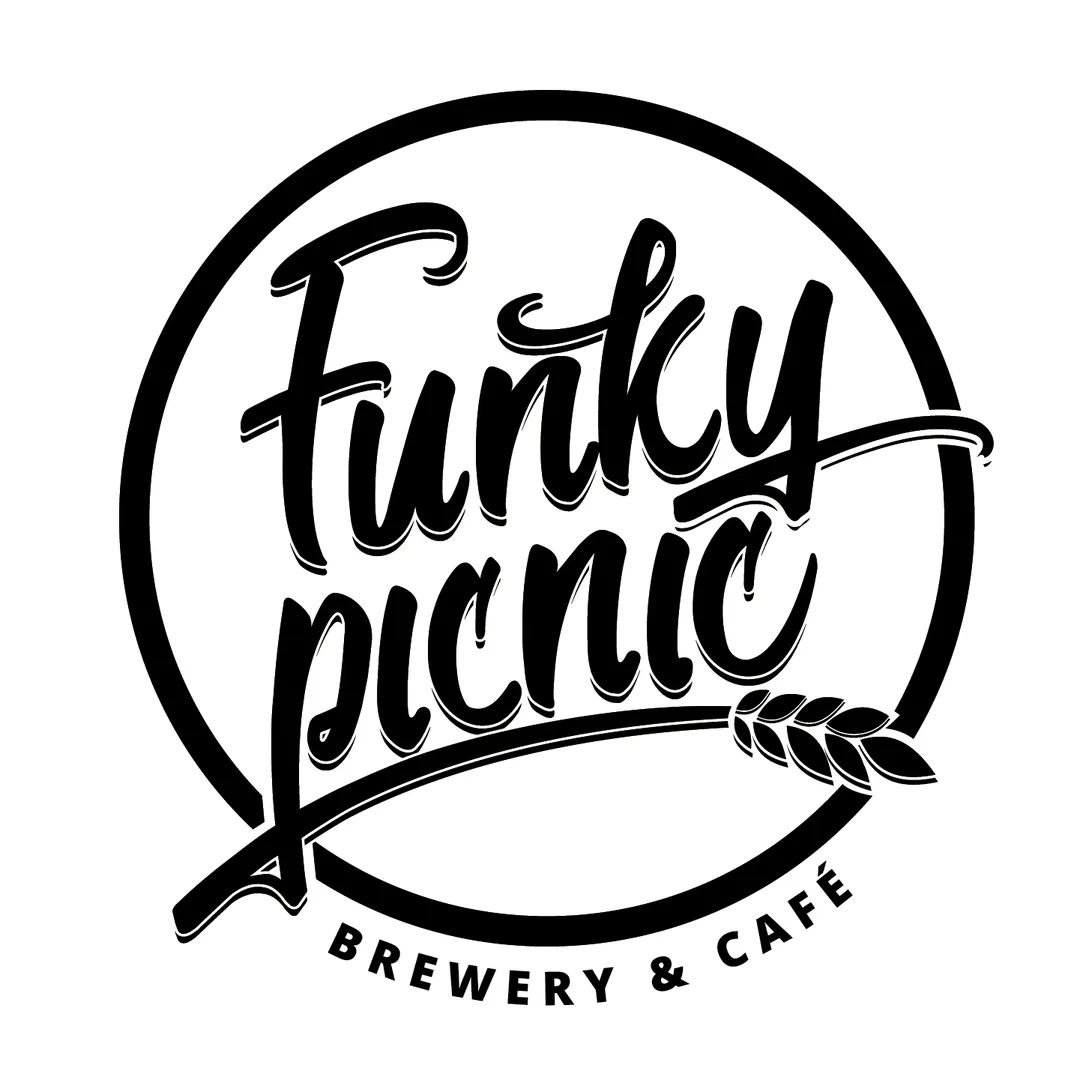History of Breweries in Fort Worth
The history of North Texas beer starts in Dallas. In the time of 1850s, the population was small, but saloons were abundant. In 1857, the first brewery was established in North Texas, created by Jean Monduel. Another brewery opened in 1859, while Fort Worth got its first brewery during the Civil War. All three breweries closed within a short time. By the 1880s, breweries began to grow in size. Yet, despite the growth in size, the number of breweries didn’t increase. In 1900, there were only two breweries in the area — the Dallas Brewery in Dallas and the Texas Brewing Company in Fort Worth. The first 40 to 50 years of beer in North Texas had growth and decline, which would be a common theme later in its history as well. The 1900s through 1960s would challenge breweries. Reform, Prohibition, wartime restrictions, and new beginnings profoundly affected North Texas and its beer.
World War II had both a positive and negative effect on breweries throughout the country. Some resources such as grain, tin, cork, and steel were required for the war effort. Unexpectedly, the need for tires and gas helped local breweries due to larger breweries having to be limited on transportation and shipping. This helped local breweries with reduced competition. Notably, all breweries had to reserve 15% of their alcohol production for the soldiers.
After the war had ended, Fort Worth gained another local brewery, Carling Brewing, from Canada. However, their stay would be short-lived as Miller Brewing Company bought them out. Miller would begin operation in June 1969. Their brewery featured 800,000 square feet and over 1,00 employees, making them the largest brewery in Texas. Eventually, their location in Fort Worth would be their new regional base for the Southwest U.S. At the same time, national brands in the 1960s and 1970s were dominating the beer market.
North Texas got its first microbrewery in 1982, although it took them a few years to brew anything. Microbreweries were a new concept. It took time to get the equipment at the correct scale—the equipment needed to be larger than a home-brewing setup but much smaller than a typical brewery. Plus, the logistics of suppliers and retailers were a challenge. No one knew what microbrewing was, what to do with it, or how to sell it. Located in Plano, the Reinheitsgebot Brewing Company focused on Old World beer styles and brewing techniques. Early microbrewery ventures may have ultimately failed, but they helped pave the way for the future.
Texas eventually legalized brewpubs in 1993. They only allowed for on-site sales. The first brewpub to open in North Texas was in Dallas in 1994. This brings us to where we are today. Funky Picnic Brewery & Cafe is a brewpub local to Fort Worth, bringing unique craft beer to the area.
Author: Cole Branon
He is a visionary that has a scary sense of humor. He doesn’t know his limits because he doesn’t have any. He’s Cole Brannon, the one and only.


